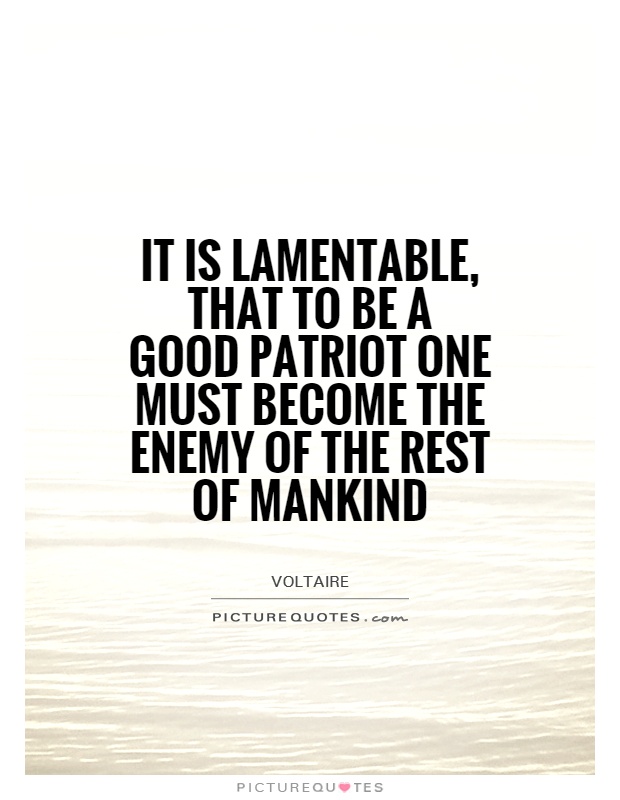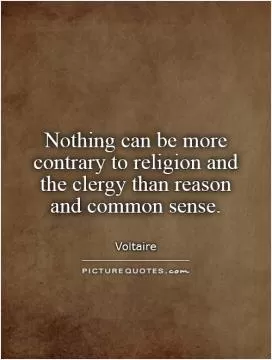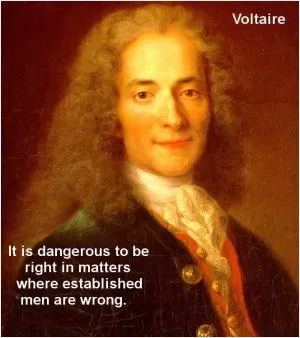It is lamentable, that to be a good patriot one must become the enemy of the rest of mankind

It is lamentable, that to be a good patriot one must become the enemy of the rest of mankind
Voltaire, the famous French philosopher and writer, is often quoted as saying, "It is lamentable, that to be a good patriot one must become the enemy of the rest of mankind." This statement reflects Voltaire's belief that patriotism, while a noble sentiment, can sometimes lead to division and conflict between nations.In Voltaire's time, patriotism was often associated with loyalty to one's own country at the expense of others. This kind of nationalism could lead to wars, imperialism, and other forms of aggression towards neighboring nations. Voltaire, who was a staunch advocate for peace and tolerance, saw this kind of patriotism as misguided and harmful.
For Voltaire, being a good patriot did not mean blindly following the government or supporting aggressive foreign policies. Instead, he believed that true patriotism should be based on principles of justice, equality, and human rights. In his famous work, "Candide," Voltaire satirized the idea of blind patriotism by showing the absurdity of war and violence in the name of national pride.
Voltaire's views on patriotism were shaped by his experiences living in a time of political turmoil and social injustice. He witnessed firsthand the devastating effects of religious intolerance, censorship, and authoritarian rule. In response, he became a vocal critic of the government and a champion of individual freedoms.
In today's world, Voltaire's words still hold relevance. In an era of increasing nationalism and xenophobia, it is important to remember that patriotism should not come at the expense of empathy and understanding towards others. Being a good patriot does not mean demonizing or dehumanizing people from other countries. Instead, it means working towards a more just and peaceful world for all.












 Friendship Quotes
Friendship Quotes Love Quotes
Love Quotes Life Quotes
Life Quotes Funny Quotes
Funny Quotes Motivational Quotes
Motivational Quotes Inspirational Quotes
Inspirational Quotes